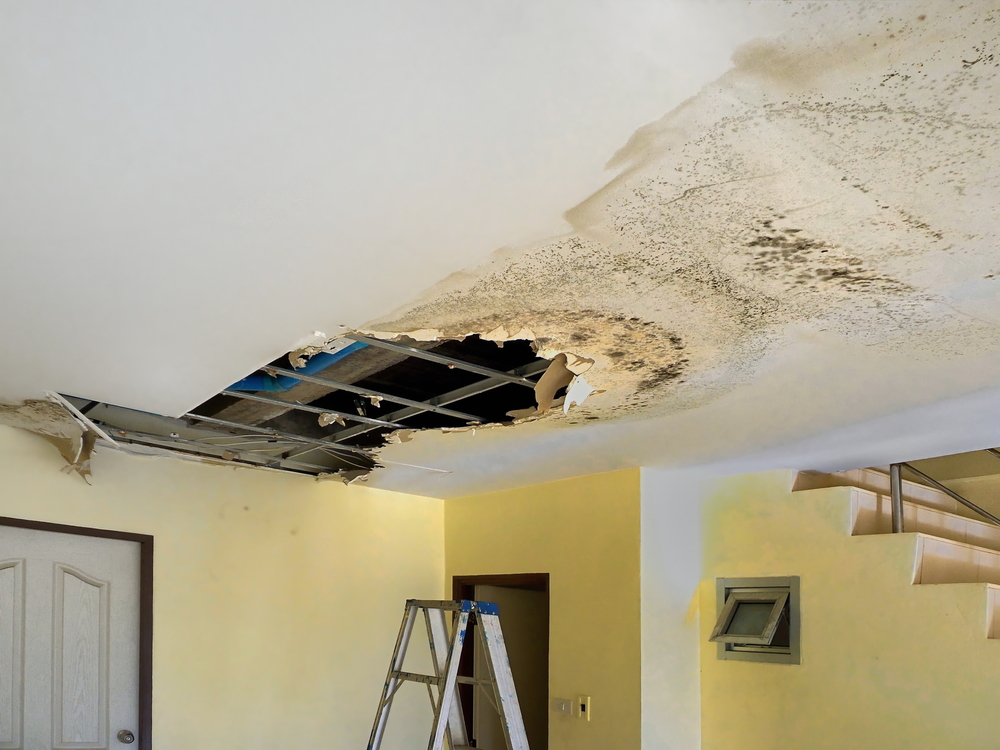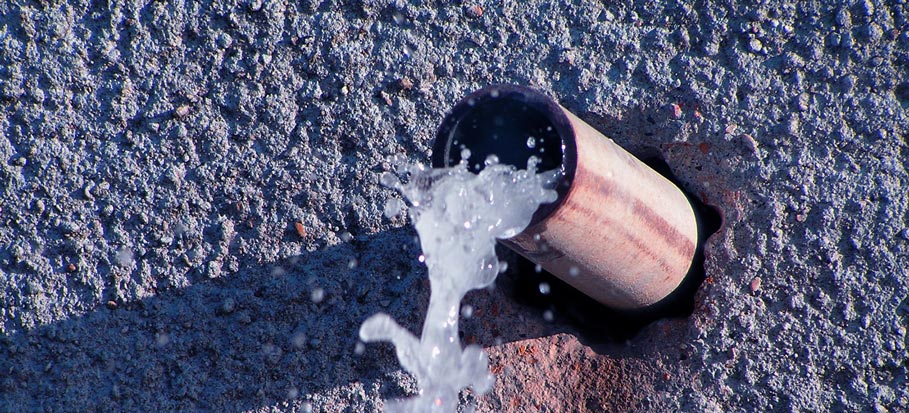Every person has their own thinking on the subject of Top leak detection hacks.

Early discovery of leaking water lines can mitigate a possible catastrophe. Some little water leaks may not be visible.
1. Check Out the Water Meter
Every house has a water meter. Inspecting it is a proven way that aids you find leakages. For beginners, turn off all the water sources. Make sure no one will purge, make use of the faucet, shower, run the cleaning device or dishwashing machine. From there, most likely to the meter as well as watch if it will transform. Since nobody is using it, there need to be no motions. If it relocates, that suggests a fast-moving leakage. If you find no changes, wait a hr or 2 as well as examine back once again. This suggests you might have a sluggish leakage that can also be underground.
2. Examine Water Usage
Analyze your water expenses and track your water consumption. As the one paying it, you ought to observe if there are any inconsistencies. If you find sudden changes, in spite of your intake being the same, it implies that you have leaks in your plumbing system. Keep in mind, your water bill must drop under the exact same range every month. A sudden spike in your costs indicates a fast-moving leak.
Meanwhile, a stable rise monthly, despite having the very same habits, shows you have a slow-moving leak that's also slowly escalating. Call a plumber to extensively examine your home, especially if you feel a warm location on your flooring with piping underneath.
3. Do a Food Coloring Test
30% comes from bathrooms when it comes to water consumption. Examination to see if they are running effectively. Decline specks of food color in the storage tank and wait 10 minutes. If the shade in some way infiltrates your bowl during that time without flushing, there's a leak in between the storage tank and also bowl.
4. Asses Exterior Lines
Don't neglect to inspect your outside water lines also. Test faucets by affixing a yard pipe. Needs to water seep out of the connection, you have a loose rubber gasket. Change this and also guarantee all links are tight. It will certainly assist obtain it professionally checked out as well as preserved every year if you have actually got a lawn sprinkler system. One small leakage can squander tons of water and spike your water costs.
5. Check and also Evaluate the Scenario
House owners should make it a practice to check under the sink counters as well as also inside closets for any type of bad odor or mold development. These two red flags suggest a leakage so punctual attention is needed. Doing routine assessments, also bi-annually, can save you from a major problem.
A lot more notably, if you understand your residence is currently old, maintain a watchful eye on your heating units, tubes, pipes etc. Check for discolorations as well as weakening as a lot of pipelines as well as home appliances have a life expectancy. They will likewise naturally wear away as a result of deterioration. If you suspect leaking water lines in your plumbing system, don't wait on it to escalate. Call a professional plumber immediately so you do not wind up with a dreadful mess in your home.
Early discovery of leaking water lines can reduce a potential disaster. Some small water leaks might not be noticeable. Checking it is a surefire way that assists you discover leakages. One tiny leakage can waste tons of water as well as spike your water bill.
If you presume dripping water lines in your plumbing system, do not wait for it to rise.
How to Know If Your Home Has a Hidden Leak
Water Meter Reveals Inexplicable Water Usage
If you’d like to test whether or not there’s a leak somewhere in your home, you can do this using your water meter. Here is how to conduct the test:
Don’t use any water in your home for at least 30 minutes; this also means not turning on faucets or water-using appliances.
Go outside, and check your water meter for activity.
If your water meter shows that there was activity, even though no one was using any water, this proves that there is a leak in your home.Visible Mold or Mildew Growth
Leaks behind walls create moist, dark environments that allow mold and mildew to grow and thrive. Eventually, you might see mold growth forming on the wall closest to a hidden leak.
If mold is growing in an area that receives a high amount of moisture, such as a bathroom, it may simply be an indication that better ventilation is needed. However, if you see mold growth on a wall or the ceiling in an area where you would not expect, you probably have a hidden leak.
Musty, Mildew Odor
Sometimes you might not be able to see the mold or mildew that is growing as a result of a leak. However, the smell can give the problem away just as easily. If you catch a whiff of something musty, there’s a good chance that old water is collecting somewhere in your home that you can’t see.
Stained/Warped Walls, Ceilings, or Floors
When your home soaks up water, a variety of red flags can become visible, including ceiling stains, bubbling drywall, warped walls, and sagging floors. While these issues can be caused by excess humidity, they can also be signs that a pipe or plumbing connection has started leaking behind your walls.
Inexplicably High Water Bill
After a while, you get a general sense for what your water bill should be. If you own a pool or sprinkler system, your bill will tend to be higher during summer. However, if you receive a water bill that seems especially high, and you can’t figure out what caused it, then you may have a hidden leak somewhere that’s increasing your bill.
https://www.plumbingjoint.com/blog/2019/july/how-to-know-if-your-home-has-a-hidden-leak/

I stumbled upon that post on Leaking water lines while surfing the internet. Sharing is caring. Helping people is fun. We recognize the value of reading our article about Hacks to detect leaks.